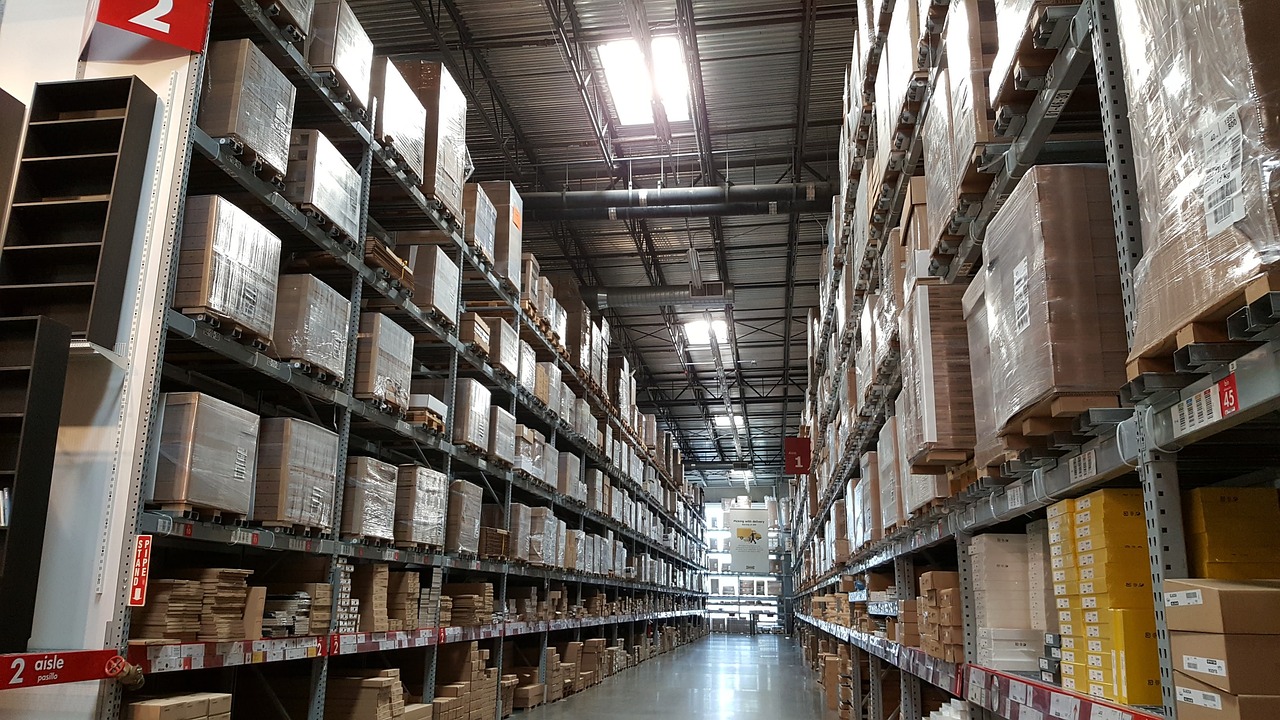How Pharmacies Are Addressing the Opioid Crisis: Allpaanel, Mahadev book login registration, Cricket id online
allpaanel, mahadev book login registration, cricket id online: Pharmacies across the nation are taking proactive steps to address the opioid crisis that has been devastating communities for years. From implementing new policies to providing educational resources, pharmacies are playing a crucial role in combating this epidemic.
Education and Training
One of the key ways pharmacies are addressing the opioid crisis is by offering education and training to both patients and healthcare professionals. Pharmacists are now receiving specialized training on identifying potential signs of opioid misuse and abuse, as well as how to effectively communicate with patients about the risks associated with these medications.
Safe Disposal Programs
Many pharmacies are also creating safe disposal programs to allow patients to safely dispose of unused or expired medications, including opioids. By providing a convenient and environmentally friendly way for patients to dispose of these medications, pharmacies are helping to prevent them from falling into the wrong hands and being misused.
Alternative Pain Management Options
Pharmacies are also working to educate patients on alternative pain management options that can be just as effective as opioids but without the risk of addiction. From physical therapy to acupuncture, pharmacists are helping patients explore non-opioid treatments for their pain management needs.
Monitoring Systems
Pharmacies are utilizing monitoring systems to track patients’ opioid prescriptions and identify any potential red flags, such as overlapping prescriptions from multiple providers or early refills. By closely monitoring these prescriptions, pharmacies can help prevent opioid misuse and abuse.
Collaboration with Healthcare Providers
Pharmacies are also collaborating with healthcare providers to ensure that patients are receiving the appropriate medications for their pain management needs. By working together, pharmacists and healthcare providers can develop comprehensive treatment plans that prioritize patient safety and minimize the risk of opioid misuse.
Community Outreach Programs
Many pharmacies are also getting involved in community outreach programs to raise awareness about the dangers of opioid misuse and abuse. By hosting events, distributing educational materials, and partnering with local organizations, pharmacies are actively engaging with their communities to address this public health crisis.
FAQs
Q: Can I return my unused opioids to the pharmacy?
A: Yes, many pharmacies offer safe disposal programs that allow patients to return their unused or expired medications, including opioids, for safe disposal.
Q: How can I talk to my pharmacist about my concerns regarding opioid medications?
A: Pharmacists are trained to have open and honest conversations with patients about their medications. Don’t hesitate to express your concerns and ask for alternative options.
Q: Is it safe to take opioids for chronic pain?
A: Opioids can be effective for acute pain but may not be the best option for chronic pain due to the risk of addiction. Talk to your healthcare provider about alternative pain management options.
In conclusion, pharmacies are actively working to address the opioid crisis through education, safe disposal programs, alternative pain management options, monitoring systems, collaboration with healthcare providers, and community outreach programs. By taking these proactive measures, pharmacies are playing a vital role in combating this epidemic and promoting safer and more responsible opioid use.







